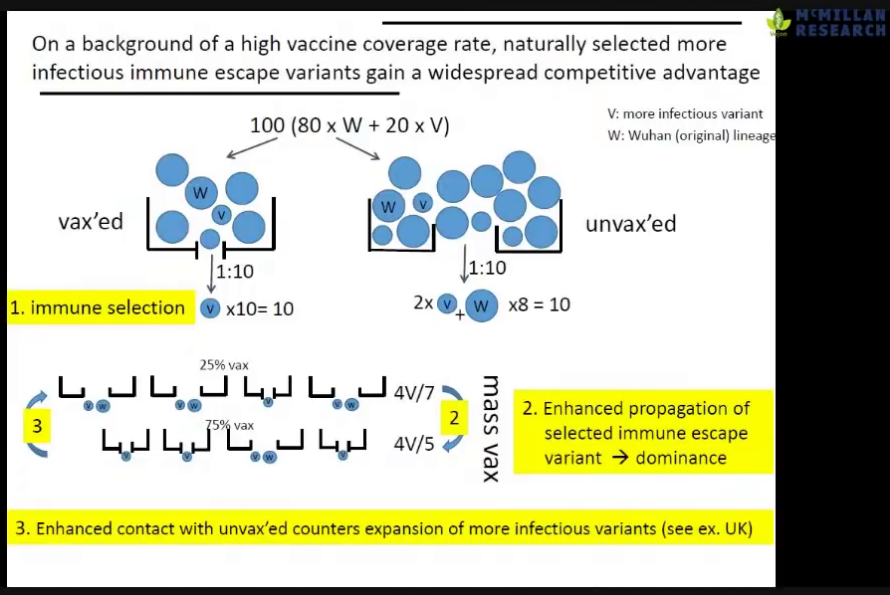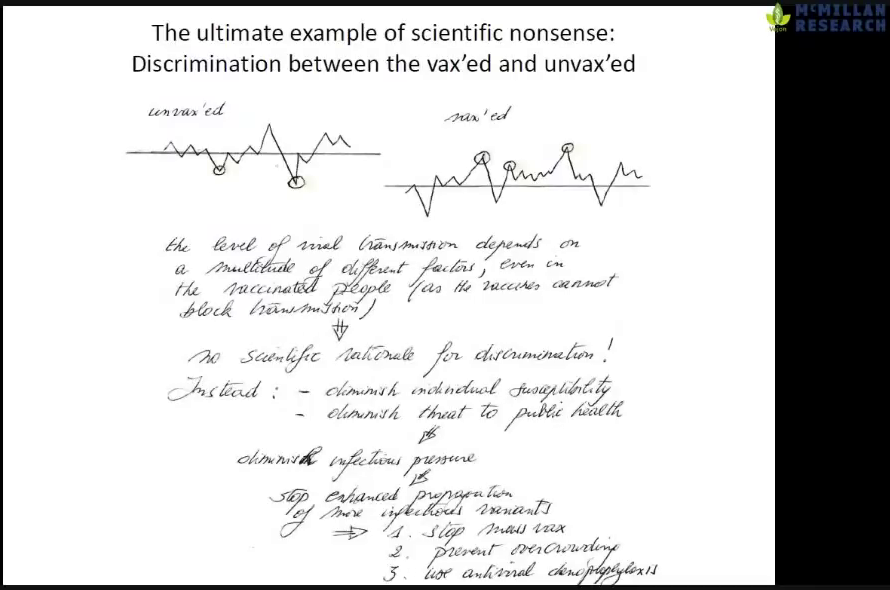RESULTS:
Extensive antibody profiling and T-cell responses in the individuals who developed postvaccine myocarditis were essentially indistinguishable from those of vaccinated control subjects, despite a modest increase in cytokine production. A notable finding was that markedly elevated levels of full-length spike protein (33.9±22.4 pg/mL), unbound by antibodies, were detected in the plasma of individuals with postvaccine myocarditis, whereas no free spike was detected in asymptomatic vaccinated control subjects (unpaired t test; P<0.0001).
CONCLUSIONS:
Immunoprofiling of vaccinated adolescents and young adults revealed that the mRNA vaccine–induced immune responses did not differ between individuals who developed myocarditis and individuals who did not. However, free spike antigen was detected in the blood of adolescents and young adults who developed post-mRNA vaccine myocarditis, advancing insight into its potential underlying cause.
Commentary from Wall Street Journal Article: ‘Experts’ Are Fueling Distrust in Vaccines
An article in the American Heart Association’s journal Circulation last week found a link between myocarditis in teens and higher circulating levels of vaccine spike proteins in the blood. The authors found no correlation with vaccine antibody or T-cell responses, suspected by many as the cause of myocarditis.


